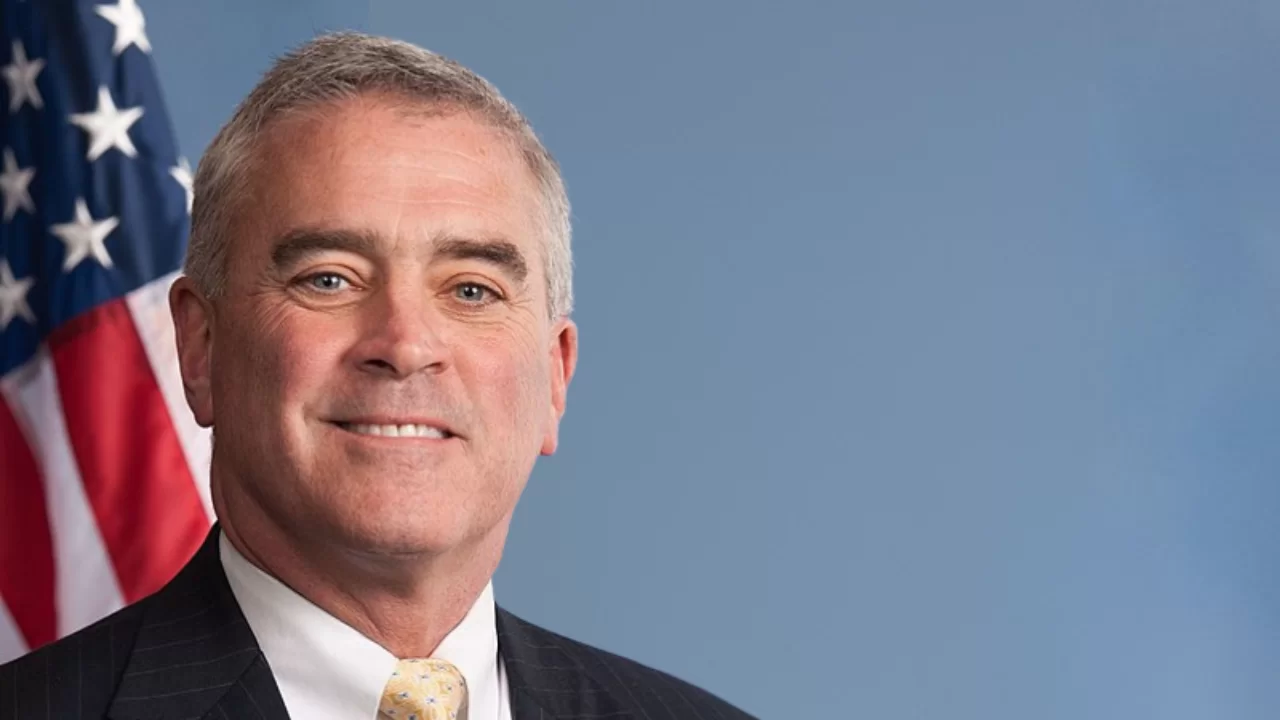Brad R. Wenstrup | Brad R. Wenstrup Official Photo
Brad R. Wenstrup | Brad R. Wenstrup Official Photo
Washington, D.C. - In a two-day, 14-hour transcribed interview, Dr. Anthony Fauci, the influential figure in America's COVID-19 response, faced a series of tough questions from the Select Subcommittee on the Coronavirus Pandemic, led by Chairman Brad Wenstrup. The committee prepared more than 200 pages of questions and 100 exhibits related to Dr. Fauci's role during the pandemic, revealing significant failures in the country's public health system.
One of the most notable revelations from the interview was Dr. Fauci's admission that the "6 feet apart" social distancing recommendation, widely promoted by federal health officials, was not based on scientific data. He testified that the guidance "sort of just appeared" without a scientific basis.
Furthermore, Dr. Fauci's memory lapses were a recurring theme throughout the interview. He claimed to "not recall" COVID-19 information and conversations relevant to the committee's investigations over 100 times. Chairman Wenstrup expressed his astonishment, noting that Dr. Fauci did not recall important conversations with President Trump or President Biden on the origins of COVID-19 or the Wuhan Institute of Virology.
Another significant revelation was Dr. Fauci's acknowledgment that a laboratory origin of COVID-19 was not a conspiracy theory, contradicting his earlier statements. This admission came nearly four years after he prompted the infamous "Proximal Origin" paper that suppressed and vilified the lab-leak hypothesis.
Dr. Fauci also raised concerns about the potential negative impact of vaccine mandates, promoted and implemented by the Biden Administration. He admitted that such mandates could increase vaccine hesitancy in the future, highlighting the need for careful consideration when implementing public health policies.
Moreover, Dr. Fauci's testimony revealed a lack of oversight in the National Institute of Allergy and Infectious Diseases (NIAID), where he serves as the director. He admitted to signing off on every foreign and domestic NIAID grant without reviewing the proposals and was unable to confirm if the institute had any mechanisms in place to conduct oversight of the laboratories they fund.
Chairman Wenstrup, reflecting on Dr. Fauci's testimony, emphasized the importance of holding him accountable for his actions and statements. He discussed Dr. Fauci's suppression of the lab-leak hypothesis, his policy positions on masks and lockdowns, and his misleading public narratives surrounding mandates.
Wenstrup stated, "We have a lot of evidence, besides just our conversations with him, but it gave us a chance to ask him about it, and if he said something contradictory to what we have in evidence, I think that's going to be very foreboding in the future."
Looking ahead, Chairman Wenstrup expressed hope that the committee's efforts would contribute to improving the nation's future public health response. He believed that Dr. Fauci's changing stance on various issues could be a positive step forward and called for a system that works in the best interest of the American people, free from political and personal motives.
With nearly 1.2 million American lives lost to the pandemic, Dr. Fauci's testimony will play a crucial role in understanding the failures of the public health system and shaping future responses to health crises. The revelations from the two-day interview shed light on the need for accountability and reform to protect the well-being of the nation.

 Alerts Sign-up
Alerts Sign-up